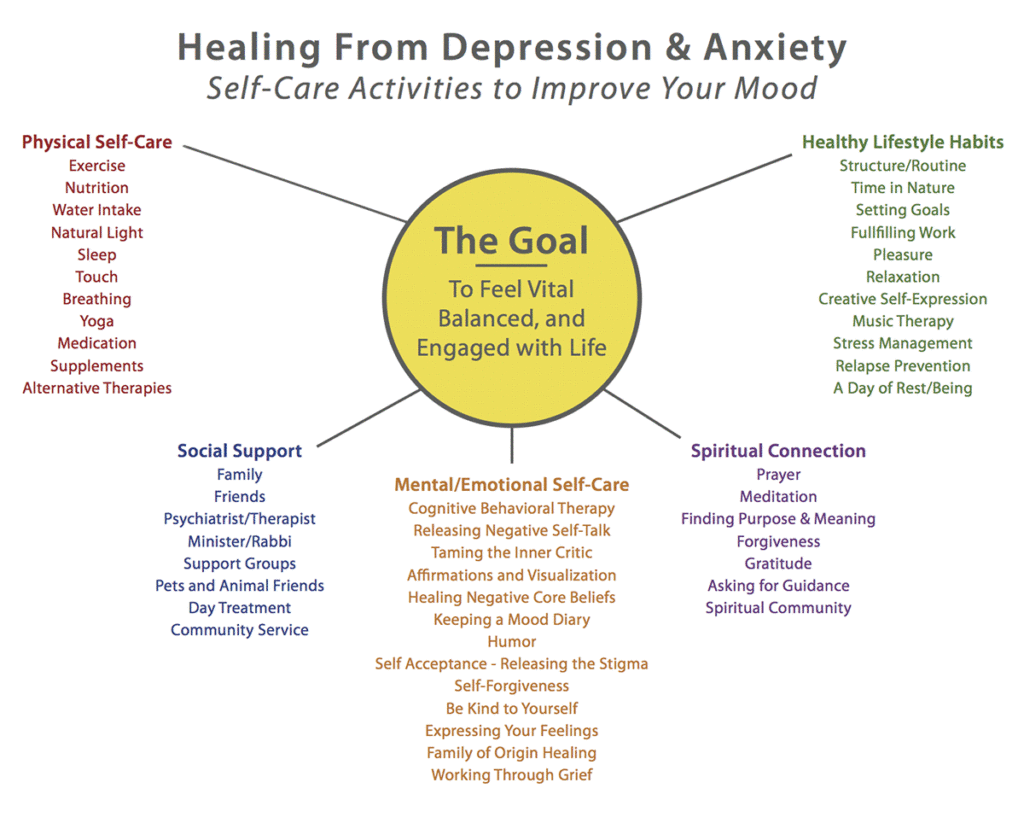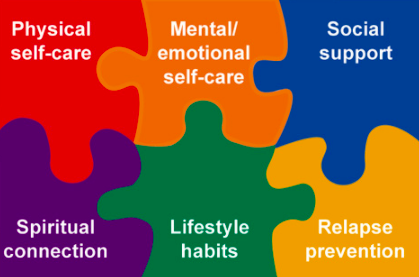As of today, December 12, 2020, we are nine long months into the Coronavirus pandemic. During this time, our lives have been turned upside down. A combination of stressors has taken a toll on people’s mental health—the disruption of routines, social isolation, economic stress, and uncertainty about the future. My mental health has been impacted because I’ve lost the ability to play chess weekly with my best friend Stuart. We’ve been playing for fifty-eight years, and it has served as a source of support and connection.
Nevertheless, there are many ways we can support our well-being, even with the limitations we face at this time. I’d like to share the four that I feel are most crucial:
- Continue to reach out to others, despite social isolation.
- Find ways to create structure and routine in your life.
- Care for your physical body.
- Give yourself positive messages to counter fear and anxiety about the future.
Social Isolation
Let’s start with what I consider to be the most significant thing you can do: finding ways to cope with social isolation. I have always maintained that social connection is a major contributor to good mental health. In many parts of the country and the world, however, social distancing and lockdowns are preventing people from having direct social contact and spending time together.
But social isolation does not have to mean emotional isolation. As technology has given us ways to connect other than in person, I encourage you to use what is available. Text messaging can be helpful when you are having a difficult time reaching out. And the phone can be useful in creating deeper connection through voice. During my previous depressive breakdowns I would spend hours at a time calming my anxiety by talking to counselors on the Multnomah County crisis line. The phone was my lifeline. Consider how Zoom calls can be a way for us to visit more intimately with friends inside their homes, alongside their children or pets. While these forms of reaching out can never take the place of a hug or in-person meeting, they provide a way of communicating with friends and loved ones that meets our need for human connection.
Structure and Routine
An essential part of mental health is to have a daily structure and schedule. One way that you can meet your need for structure is to make appointments with friends for a phone chat or meeting on another platform. Having planned phone calls or virtual meetings with friends on your calendar can go a long way to create a sense of routine in your life. Our bodies and brains are healthier and more content when we engage in specific activities that occur at predictable times. For instance, you can enroll in an online class on something that interests you (painting, cooking, creative writing, music, etc). I offer other examples on the page Use Structure and Routine to Get Through the Day.
Your Physical Body
Another important way of improving your mental health is through improving your physical health. Because the mind and the body are intimately connected, what is good for the body is good for the mind.
1) Give your body sufficient exercise. If your gym is closed, you can lift weights at home or walk or jog in your neighborhood. I still go weekly for bike rides with my cycling partners. The practice of yoga is particularly helpful in conditioning the body, calming the nervous system, and balancing the emotions. You can find online exercise, yoga, Tai Chi, or dance classes.
2) Drink plenty of water to hydrate your system. Make sure the water is pure, not city water. To ensure this, use a good water filter.
3) Meet your body’s need for sufficient sleep with a regular and consistent sleep schedule.
4) Eat a diet that contains a wide variety of fresh, unprocessed foods, buying organic whenever possible. Make sure you eat at regular intervals to keep your blood sugar stable.
5) Learn how to properly oxygenate your body through deep, diaphragmatic breathing.
6) Get enough exposure to natural light (morning hours are best), especially if you have SAD (seasonal affective disorder). Light boxes are therapeutic for some people.
7) Find a way to fulfill your body’s need for touch. Some massage therapists are still seeing clients.
8) Take care of your daily hygiene by showering, shaving, combing your hair, brushing your teeth, etc. Feeling clean will help you to feel better.
9) Give yourself positive messages to counter fear and anxiety about the future. We know that, like the stock market, people do not like uncertainty. John Nestadt, Co-Director of the Johns Hopkins Anxiety Disorders Clinic, adds that at the start of the Coronavirus pandemic, people could cope because there seemed to be a light at the end of the lockdown tunnel. But as it continued to drag on and on, the lack of a potential endpoint became a cause for depression and anxiety. This “pandemic anxiety” is something we all are experiencing. “It’s the not knowing that will continue to drive anxiety,” Nestadt says. “Psychologically, humans can be much more resilient knowing when a challenging time will end, because they can aim toward that endpoint. This pandemic doesn’t have one, and that’s a big problem.” From my observation, it is this exact experience of not knowing when a painful state of mind will end that leads to thoughts of suicide.
Affirmations
There are a number of affirmations you can use to replace this fear with positive messages. You can say to yourself:
- “Since the only constant in the universe is change, although I don’t know exactly when the pandemic will end, I can say with certainty–this too shall pass.”
- “I can handle whatever comes my way”
- “Spirit is attracting the right and perfect support I need to cope with this pandemic.”
- “As I focus on one day at at time, the future takes care of itself,”
- And my favorite, “Oh hell, I’m well.”
There are also a number of the tools and coping strategies that can relieve worry, such as exercise, deep breathing, and meditation.
Remember, the world has survived wars, famines, economic depressions, and natural disasters, the 2008 financial crisis, and we will survive this. To quote the 14th-century mystic, Julian of Norwich, “All shall be well and all shall be well and all manner of things shall be well.”










